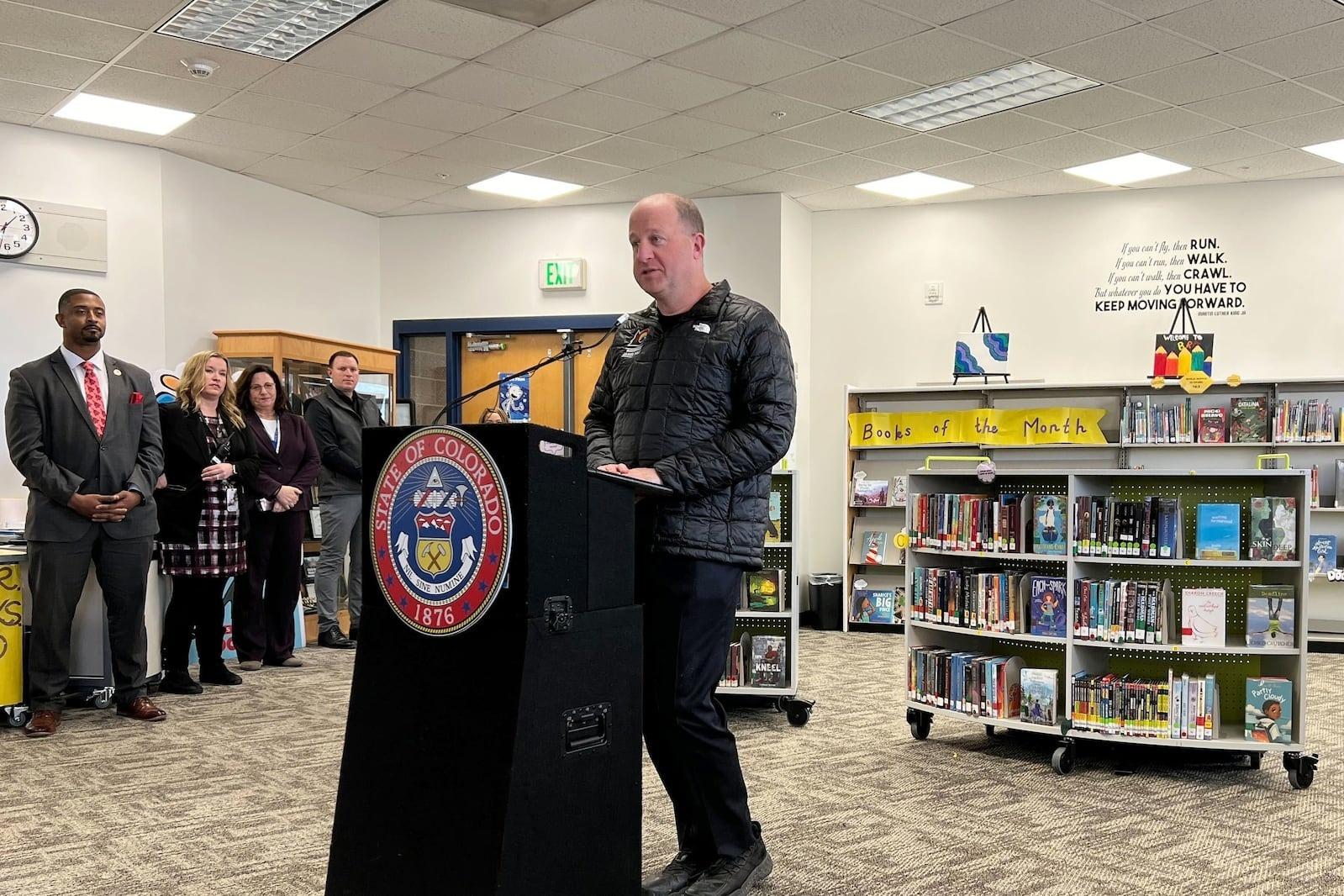
The abortion drug mifepristone will remain available in Colorado and many other states, according to state Attorney General Phil Weiser.
A pair of conflicting rulings created uncertainty about the drug’s approval status with the Food and Drug Administration, but neither will immediately impact access in Colorado and many other states.
In Washington, U.S. District Judge Thomas Rice, ruled last week that the FDA cannot alter access to the drug while a lawsuit against the agency, brought by a coalition of 17 state governments and the District of Columbia, moves forward. The coalition of attorneys general, which includes Weiser, wanted to force the FDA to lift regulations that they said restrict access to mifepristone.
Rice’s decision means mifepristone will be accessible in states that are party to that suit, even if an appeals court upholds a decision by U.S. District Judge Matthew Kacsmaryk, a federal judge in Texas, to invalidate the drug’s FDA approval.
Kacsmaryk ruled in favor of abortion rights opponents who raised questions about the process the FDA followed when it first approved the drug. His ruling wouldn’t outright ban mifepristone, but it would force the FDA to revoke its approval of the drug.
The FDA first approved mifepristone in 2000. The pill is used to end a pregnancy in the first 10 weeks of gestation. In addition to being one of the most common ways to perform a medication abortion, the drug is also commonly used to help manage miscarriages.
What Weiser and other attorneys general are arguing
Weiser is one of 24 attorneys general who joined an amicus brief to the U.S. Court of Appeals for the Fifth Circuit, urging the court to grant a stay on Kacsmaryk’s decision.
“Revoking the FDA’s approval of mifepristone despite the overwhelming clinical and research-based evidence establishing mifepristone’s safety and efficacy is unprecedented and will put the lives of countless women at serious risk. This ruling cannot stand,” Weiser said in a statement.
The coalition of attorneys general argues that revoking mifepristone’s FDA approval could have devastating consequences if companies choose to stop producing the drug. They warn that it could lead patients to seek more dangerous abortion methods.
“Loss of access to medication abortion would also lead to more need for second-trimester abortions, with a resulting increase in health risks, costs, and delay,” the brief said.
But Jennifer Hendricks, a professor specializing in abortion law at the University of Colorado Law School, said depending on the FDA’s actions, the drug could still be widely accessible, even if Kacsmaryk’s decision is upheld.
“The FDA has authority, and has done in other situations, to issue guidance for pharmaceutical companies and the like, stating even though the status of this drug on paper is not yet approved, we know that it is safe and is proven safe and that it's important and necessary for people,” Hendricks said.
Hendricks said multiple factors would have to line up for the initial ruling to result in mifepristone becoming unavailable nationwide, notably another presidential administration taking control of the FDA, but as it stands, the ruling shouldn’t be interpreted as an immediate and irrevocable ban.
The conflicting rulings will likely go all the way to the US Supreme Court
The amicus brief was filed in a Court of Appeals, while the original ruling revoking approval of the drug happened in the U.S. District Court for the Northern District of Texas. A decision at the Court of Appeals can overrule what happens in a District Court. Parties can also choose to appeal decisions made in the Court of Appeals, which would then be up for consideration by the U.S. Supreme Court.
The court is more likely to take up cases where lower courts are have reached different conclusions on the same issue, as has happened in the Texas and Washington cases.
Hendricks said if the case makes it all the way to SCOTUS, there are questions around how it would be received by justices who have historically voted against abortion rights.
“At least some of the justices in Dobbs tried to signal [they’re] not gonna try to impose a ban on the whole country, right?” Hendricks said. “[They're] gonna let the states who want to have abortion be legal do that. And so this would be a pretty quick turnaround if they were to embrace this kind of anti-abortion activity by one district judge.”
The Texas judge stayed his ruling on the drug for seven days to give the appeals court time to weigh in on the case. That stay will expire Friday, and the U.S. Department of Justice has asked the appeals court to make a ruling before then.
States are stockpiling abortion pills in case access to the drug becomes limited
Several states are obtaining emergency stockpiles of another abortion-inducing pill because of mifepristone’s uncertain future,
California Gov. Gavin Newsom’s office said it made plans to obtain up to 2 million pills of misoprostol, which is commonly used in combination with mifepristone to induce an abortion. Misoprostol wouldn’t be subject to a disapproval under Kacsmaryk’s ruling, and it can be used alone to induce abortion. However, that is not the method many doctors recommend because it can lead to more side effects.
California, Massachusetts and Washington are so far the only states to announce a stockpile of abortion pills.
A spokesperson for Gov. Jared Polis said the governor does not approve of the Texas ruling, but would not state outright whether his office is working to increase supplies of mifepristone or misoprostol.
“We have been preparing for this cruel ruling, which is why the Governor and our team have been working with partners at the legislature and stakeholders to ensure Colorado remains a place where people can access reproductive health care,” a spokesperson said.









